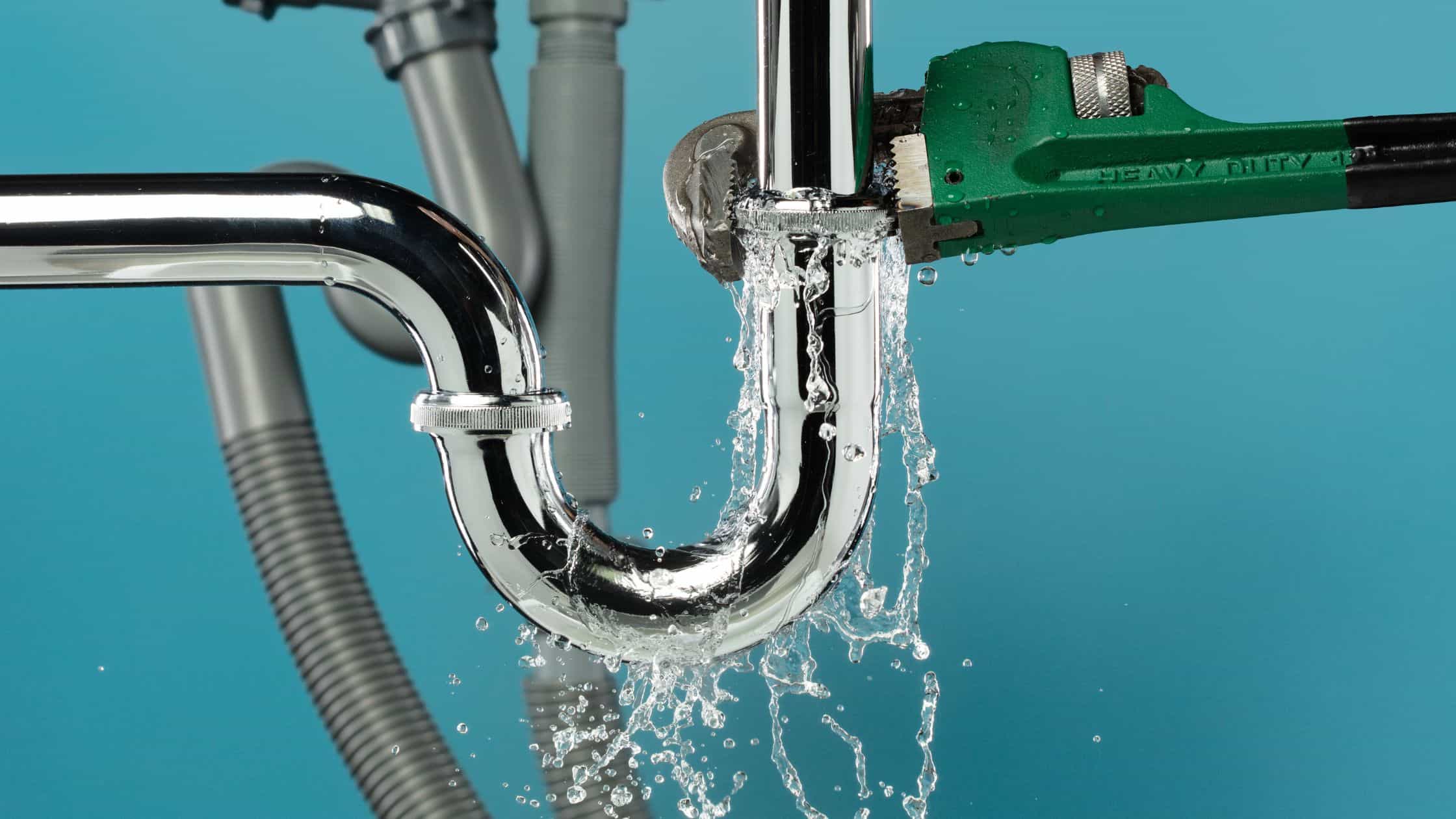Why Do Pipes Burst? Common Causes & How to Prevent Them
Burst pipes have to be every homeowner’s nightmare. Whether it’s a sudden gush or a slow, hidden leak behind the wall, pipe failures can cause major water damage, structural issues, and expensive repairs. But the good news? Most pipe bursts are preventable with the right maintenance and awareness.
At Pipe It Right, we specialize in identifying the early signs of pipe stress and providing long-term solutions that save you money and stress. Here’s what causes pipes to burst, how to spot the warning signs, and how to prevent costly damage.
Common Causes of Burst Pipes
1. Freezing Temperatures, Frozen Pipes
When temperatures drop, water inside your pipes can freeze and expand, putting immense pressure on the pipe walls, especially in uninsulated or exposed plumbing.
Although this isn’t a common occurrence in Southern California, as a homeowner, you should know that pipes can begin to freeze at below 32 degrees Fahrenheit.
Some factors can play into exactly what temperature pipes can freeze at, including the material and water flow.
An easy way to prevent freezing pipes if you’re in a colder climate: Insulate pipes in attics, garages, and crawlspaces during colder months to prevent freezing.
2. Corrosion and Aging Pipes
Over time, pipes corrode, especially older systems made of galvanized steel or copper. Corrosion weakens the pipe walls and can lead to pinhole leaks or full-on bursts.
Tip: If your home was built before the 1980s, it might be time to consider a whole-home repipe.
3. High Water Pressure
Over time, pipes corrode, especially older systems made of galvanized steel or copper. Corrosion weakens the pipe walls and can lead to pinhole leaks or full-on bursts.
Tip: Have your pressure tested and consider installing a pressure-reducing valve if needed.
4. Hard Water Buildup
Southern California is known for hard water. Mineral buildup inside pipes reduces flow and increases internal pressure. This pressure can cause a burst, especially if your pipes are already worn down.
Tip: Consider a whole-home water softener to reduce buildup and protect your plumbing system.
5. Tree Roots and Soil Movement
Tree roots can invade underground water pipes in search of moisture. Over time, they squeeze and crack the pipe. Shifting soil or seismic activity can also move or misalign plumbing pipes.
Once the structure is compromised, even moderate pressure can cause a pipe to burst.
Tip: Keep trees and heavy landscaping away from underground water lines. Schedule periodic video inspections for high-risk properties.
6. Water Hammer
Water hammer happens when water flow is suddenly stopped by closing a faucet or valve. This causes a shockwave to travel through your plumbing system, which can damage joints and eventually lead to pipe bursting.
Over time, this repeated force can break connections inside pipes.
Tip: Add water hammer arrestors near dishwashers, washing machines, or fast-closing valves to reduce impact.
Warning Signs Your Pipes Might Burst
Don’t wait for disaster. These early signs can help you catch a problem before it turns into a mess:
- Sudden drops in water pressure
- Strange noises like banging or hissing in your walls
- Rust-colored water
- Frequent leaks or damp spots
- Unexplained spikes in your water bill
If you notice any of these, reach out to our team at Pipe It Right for a professional inspection.
Tips to Prevent Burst Pipes In Your Home
Proactive steps can help you avoid the damage and disruption caused by burst pipes:
- Insulate exposed pipes and seal any drafts around them
- Monitor water pressure to avoid strain on your system
- Schedule regular plumbing checkups to catch deterioration early
- Avoid chemical drain cleaners that corrode your pipes
- Upgrade old piping before it fails
We offer full-service leak detection, repiping, and preventative plumbing inspections to keep your system strong year-round.
What To Do If Your Pipes Burst
Don’t panic! Dealing with a pipe burst can be overwhelming, but here’s what you can do immediately:
- Turn off your main water supply to stop the flow of all water
- Shut off electricity to any affected areas if water is the water is near outlets or panels
- Open faucets to drain any remaining water and reduce pressure (yes, this does work)
- Call a licensed repiping plumber to get your home repiped as soon as possible. Bonus if they offer flexible financing (we do!)
Don’t Let a Burst Pipe Ruin Your Home
Understanding what causes pipes to burst is one of the many essential things every homeowner should know.
Whether it’s a cold snap, a surge in pressure, or aging pipe material, knowing the warning signs and how to prevent them will help you avoid costly water damage.
Pipe It Right Plumbing is here to help you make informed decisions about your plumbing system.
Worried about your pipes? If you’re in Southern California, get in touch with our experts to schedule a repiping consultation.


